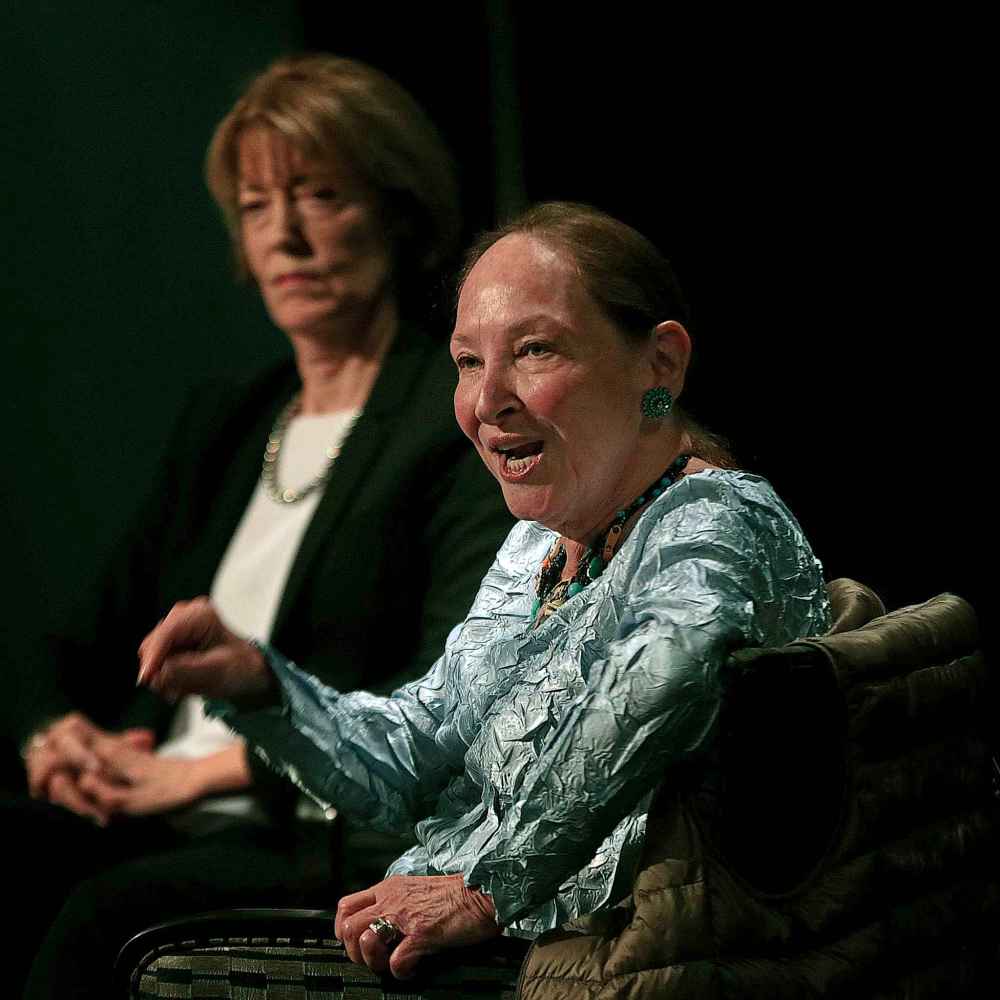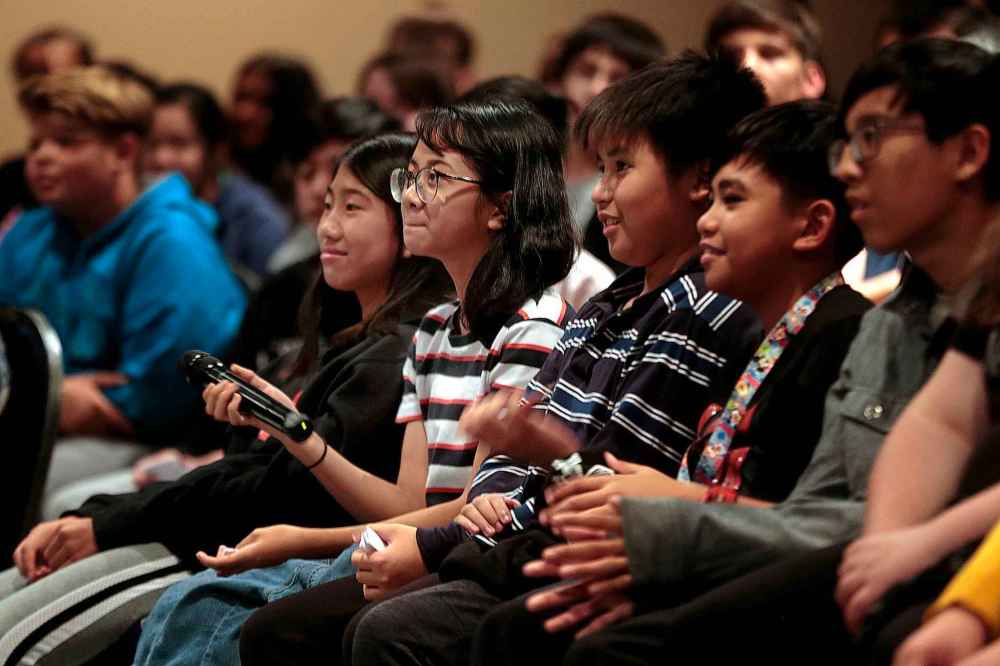‘Justice belongs to you’: Supreme Court judges tell Winnipeg students
Advertisement
Read this article for free:
or
Already have an account? Log in here »
To continue reading, please subscribe:
Monthly Digital Subscription
$0 for the first 4 weeks*
- Enjoy unlimited reading on winnipegfreepress.com
- Read the E-Edition, our digital replica newspaper
- Access News Break, our award-winning app
- Play interactive puzzles
*No charge for 4 weeks then price increases to the regular rate of $19.00 plus GST every four weeks. Offer available to new and qualified returning subscribers only. Cancel any time.
Monthly Digital Subscription
$4.75/week*
- Enjoy unlimited reading on winnipegfreepress.com
- Read the E-Edition, our digital replica newspaper
- Access News Break, our award-winning app
- Play interactive puzzles
*Billed as $19 plus GST every four weeks. Cancel any time.
To continue reading, please subscribe:
Add Free Press access to your Brandon Sun subscription for only an additional
$1 for the first 4 weeks*
*Your next subscription payment will increase by $1.00 and you will be charged $16.99 plus GST for four weeks. After four weeks, your payment will increase to $23.99 plus GST every four weeks.
Read unlimited articles for free today:
or
Already have an account? Log in here »
Hey there, time traveller!
This article was published 23/09/2019 (2274 days ago), so information in it may no longer be current.
A wry smile spreads across Supreme Court Justice Rosalie Silberman Abella’s face as she fields her first question from a Winnipeg high school student.
In front of more than 100 students at St. John’s High School, the first Jewish woman to serve on Canada’s highest court — and the first person to be appointed as a judge while pregnant — has been asked how Canada’s Supreme Court judges are selected.
“The merit system, obviously,” Abella said dryly.

She went on to earnestly explain the high court’s application and hearing process, but the meaning behind her “merit joke,” as she described it, keeps coming up during the 30-minute question-and-answer session Monday afternoon with students from Grades 7 to 12.
In school, you learn if you work hard, you’ll do well, she told the students.
“When you hit the world, then people decide whether or not you belong in a workplace,” Abella said.
“What we have seen in our lifetime is that those decisions were often made based on irrelevant qualities… which tended to be used in an exclusionary way.”
It’s part of the reason Abella and the other eight Supreme Court judges who helm Canada’s top court are in the Manitoba capital this week. The Supreme Court is visiting Winnipeg in an effort to bring the justice system closer to the public, and to allow people to see themselves reflected in it.
“We’ve gone a long way. We still have to in many areas, but just so you know in one lifetime what has changed about how people see what being qualified means, and what merit means.”
– Supreme Court Justice Rosalie Silberman Abella
Abella and Manitoba Court of Appeal Justice Barbara Hamilton spoke to St. John’s students, while pairs of judges did the same at nine high schools across the city. It was the first time members of the Supreme Court have spoken outside of Ottawa about the work they do.
When she was appointed as an Ontario family court judge in 1976, Abella was 29 — the youngest judge at the time, and she is one of only 10 women who have served on the Supreme Court of Canada.
“We’ve gone a long way. We still have to in many areas, but just so you know in one lifetime what has changed about how people see what being qualified means, and what merit means,” Abella says.
“Merit means not being excluded for arbitrary reasons that have nothing to do with whether or not you are really qualified.”
After answering questions ranging from how their job affects their mental health and how they keep their feelings separate from the facts to how they handle cases involving sexual assault and gender pay gaps, Abella and Hamilton left the students with a final message: “If you take anything away from today,” Abella said, “It is that justice belongs to you.”

In the crowd, an Indigenous Grade 12 student showed a reporter yellow notecards on which she’d written the questions she hadn’t had a chance to ask. She wanted to know what the Supreme Court was going to do about reconciliation, and in particular how it could help people living on reserves.
Just before the judges filed out of the school’s theatre, the teen shyly pressed her notecards into Abella’s hand. Abella stopped to read them, and leaned in to answer her one-on-one, saying she’d raised an important issue.
It’s one Supreme Court Chief Justice Richard Wagner has emphasized so far this week. He’s said the court needs to play a role in reconciliation, and he has scheduled meetings with members of Indigenous, Métis and francophone groups in Manitoba, which all hold special constitutional rights.
The Supreme Court would welcome more diversity and Indigenous representation, Wagner told reporters during a news conference Monday. There has never been an Indigenous judge appointed to the country’s highest court.
“We should try to attain that goal as soon as possible,” he said of increasing representation on all courts in Canada.
“Even if there was none so far, that doesn’t mean that our decisions were not well-founded,” he said. “But it’s a question of respect. I think that Canadian people should see themselves in their courts.”
katie.may@freepress.mb.ca
Twitter: @thatkatiemay

Katie May is a general-assignment reporter for the Free Press.
Our newsroom depends on a growing audience of readers to power our journalism. If you are not a paid reader, please consider becoming a subscriber.
Our newsroom depends on its audience of readers to power our journalism. Thank you for your support.
History
Updated on Tuesday, September 24, 2019 11:32 AM CDT: adds byline
Updated on Tuesday, September 24, 2019 11:39 AM CDT: moves editorial from sidebar to related item



